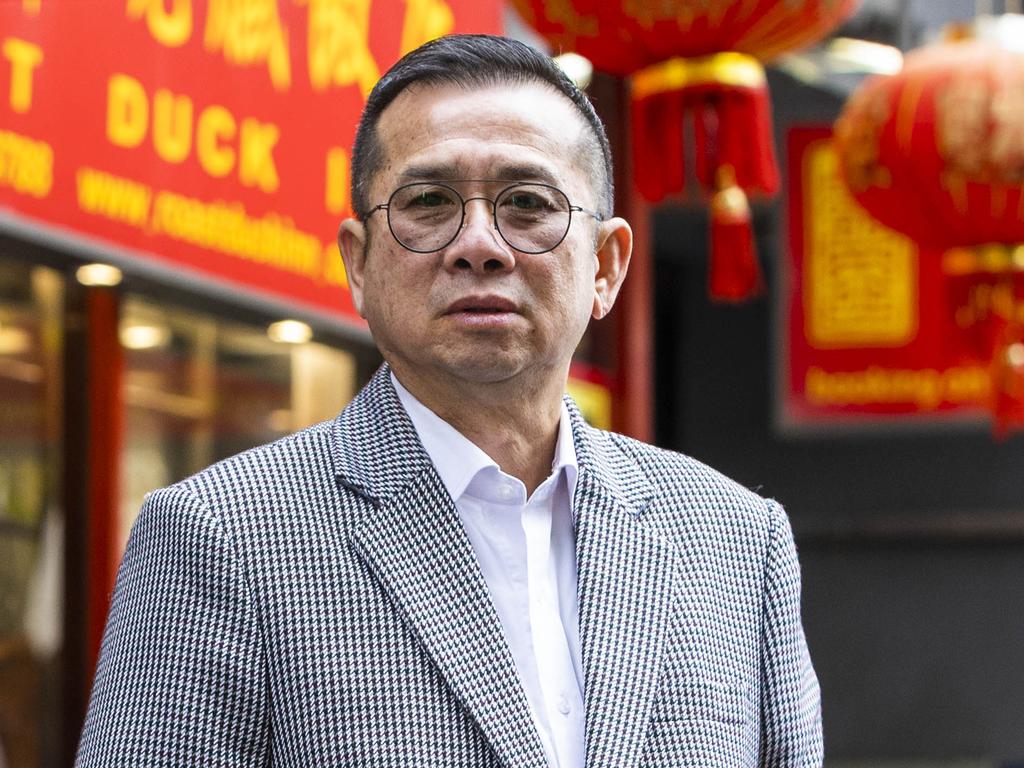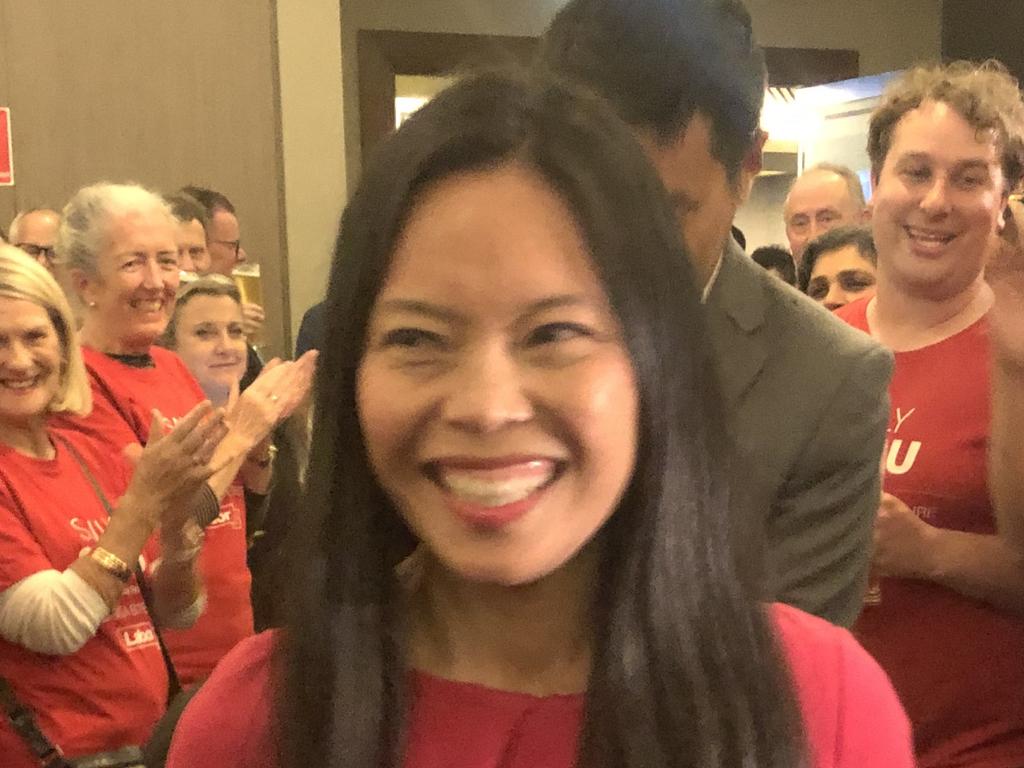Election 2022: ‘Drums of war’ rhetoric didn’t lose Chinese-Aussies

When the Sydney seats of Reid and Bennelong and the Melbourne seat of Chisholm changed hands from Liberal to Labor last Saturday, the prevailing view was that the large Chinese communities in these seats had reacted against the Liberal Party’s tough rhetoric on China.
But as American scholar HL Mencken said, “For every complex problem there is an answer that is clear, simple and wrong.”
People want to believe a story and will seek cause-and-effect explanations in times of uncertainty.
This oversimplification of Chinese-Australian voters is the classic narrative fallacy and exposes the lack of cultural understanding of my community by those commentators. Once a story is established, it becomes difficult to overwrite. But I am going to try.
● Chinese Australians are diverse: While we may have similar appearances, Chinese-Australians are a broad cultural grouping composed of many nationalities and cultures.
Many Chinese migrants such as Taiwanese-Australians like me, Vietnamese refugees, Uighur dissidents, those from Southeast Asia and Australian-born Chinese whose families have been here for so long that even their grandparents don’t speak Chinese have little affinity with the Chinese government.
I came across a range of opinions within the Chinese-Australian community. Some lamented the loss of business opportunities during the pandemic lockdowns and many cared little about Sino-Australian relations, while others applauded Peter Dutton’s tough stance.
One took offence at the use of the People’s Republic of China flag on media reports about Chinese-Australians.
While our appearance may be similar, what lurks beneath is a profound diversity of attitudes and affinities.
● Chinese-Australians are sophisticated: Chinese-Australians are incredibly sophisticated voters, even those limited by their command of English.
The media often paints Chinese-Australians in a way that fails to appreciate that we have the same hopes, fears and aspirations as every other Australian.
From my observation on the campaign trail, it is far more likely that they turned their backs on the Liberal Party for higher order ideals such as abandoning prudent economic management and failing to uphold the personal and religious freedoms that drew them to Australia in the first place.
Chinese-Australians are very often shrewd observers of Australian politics. The irony of Anthony Albanese as Prime Minister maintaining the hard stance on China is not lost on them. Neither are they naive enough to believe the Labor government will suddenly start practising responsible fiscal management.
Chinese culture has a very long-term orientation; one Chinese-Australian Liberal supporter said to me that we must vote out the Liberal government to guarantee future prosperity at the expense of short-term pain.
●Chinese-Australians like backing winners: The data suggests that while electorates with a high Chinese-Australian population swung disproportionately behind Labor, it is not a neat correlation, with electorates such as Fowler very much the reverse.
The swing against Gladys Liu, who is perceived to be pro-Chinese Communist Party, in Chisholm also goes against the narrative.
The Liberal candidate in the seat of Banks in inner southern Sydney experienced only a modest swing against him, suggesting local issues were a far more significant factor in voter intentions.
Where it gets interesting is when we zoom out and look at voting patterns across time. The Chinese-Australian electorate has always swung disproportionately towards the winning party, as it was the case in 2007 with Kevin07, and the same when Tony Abbott romped into power in 2013.
Perhaps Chinese-Australians just like backing winners? Or perhaps they are more influenced by the news of the day than any ethnic loyalties?
● Chinese-Australians are swinging voters: There is a more logical explanation. Most Chinese-Australian immigrants have chosen to leave behind everything in search of a better life. The process of moving to a new country requires one to give up the comfort of the familiar and embrace the unknown. This engenders a flexible mindset without rusted-on loyalties. In other words, Chinese-Australians are more likely to be swinging voters.
Those attracted to our shores are the cream of the crop; they are acutely aware of the power of self-determination and are intent on having a say in the direction of our nation.
While the simple explanation is politically expedient for Labor, the reality is far more advantageous to the Chinese-Australian community. Those in power are far more likely to pay attention to a swinging constituency they can never take for granted.
Jeffery Wang is a Liberal Party member, a diversity advocate and an IT sales executive.




